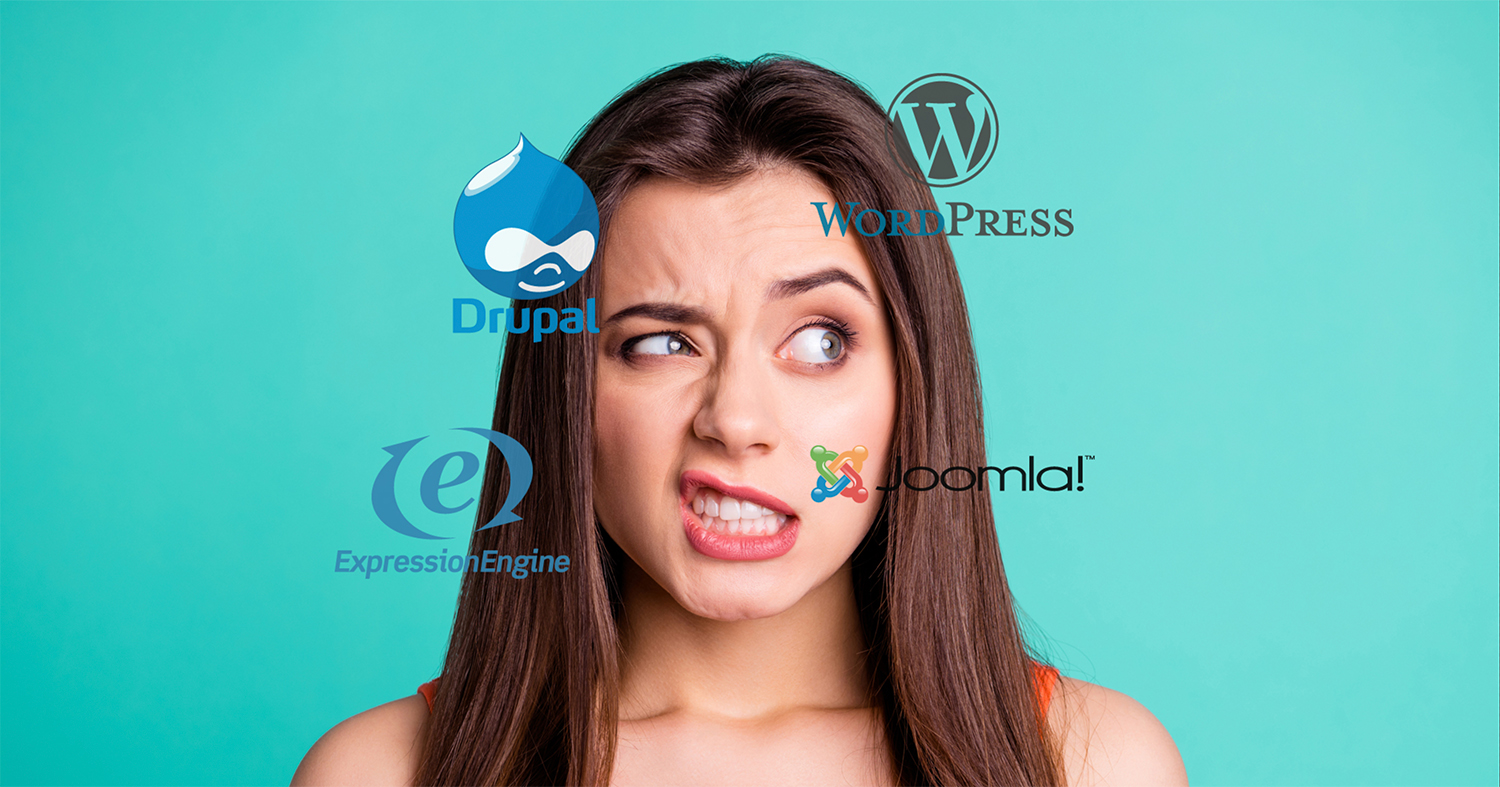ULTIMATE SEO - Strategies for climbing the SERP ranks
The strategic journey to secure a position on the initial page of the Search Engine Results Page (SERP) is a continual and dynamic quest. It requires steadfast efforts to ascend from the challenges at hand.
Competitive position vs. positioning statement
In the ever-evolving world of business and marketing, success hinges on the ability to stand out in a crowded marketplace. Two essential tools for achieving this are competitive position and positioning statements. Although they sound similar, these concepts serve distinct purposes in crafting a brand's identity and reaching its target audience.
Are you different? Your customers need to know - Competitive analysis

Setting your brand apart from the competition is an essential endeavour. Your customers need to understand what differentiates you from the rest, be it in terms of pricing, quality, or service excellence.
How's your brand holding up?
Evolving companies are under constant pressures as they adapt to shrinking budgets, restructuring, new markets, or developing new products. With these changes, it's easy for a company to lose sight of its original vision often resulting in failing quality standards, customer dissatisfaction and brand confusion.
Competitive position: Defining your competitive edge and guiding your brand's success
Think of your business as a puzzle, with your competitive position as the key piece that completes it. To truly succeed, you must carve out a distinct space that draws new customers, resonates with stakeholders, and aligns with your product quality or service standards. This strategic stance sets the foundation for your accomplishments, like a North Star guiding your path.
What is a marketing tactic?
In marketing, a tactic is a specific, actionable method employed within an overall strategy to achieve defined goals. These targeted activities can span various channels, including digital and traditional platforms, and are designed to influence the behaviour or perception of a target audience.
Building Confidence: The Role of Initial Payments
Initial payments play a vital role in fostering successful project collaborations. They ensure trust, transparency, and efficient resource management, enabling seamless execution and on-time delivery. At Ladybird-digital, this practice reflects our commitment to providing exceptional solutions while laying the foundation for strong, collaborative partnerships.
What features should you consider when choosing a CMS

Numerous website content management system (CMS) solutions have undergone significant evolution, transforming into robust, feature-rich, and often budget-friendly online publishing platforms. However, these options aren't cut from the same cloth—many diverge significantly. Selecting the ideal CMS entails evaluating your present and future business needs, guaranteeing that the chosen solution remains effective over the long haul.
What makes ExpressionEngine a good content management system
ExpressionEngine is a content management system (CMS) that has been used by many website developers and designers to create and manage websites. Whether ExpressionEngine is considered a good CMS depends on various factors, including the specific needs and preferences of the user. However, ExpressionEngine has earned a positive reputation in the web development community for several reasons. Here are some of the benefits of using ExpressionEngine:
On-page font size adjuster vs browser zoom
Many browsers offer the ability to zoom in and out of a page, and some even allow for the ability to set a text-only zoom within the browser preferences. So why would we include an on-page font-size adjuster on all our ExpressionEngine websites?
Why do I love ExpressionEngine again?
Over the past decade, my journey with ExpressionEngine has been a consistent source of stability amidst the ever-evolving digital landscape. There were moments of reflection when I questioned its role in my toolkit, yet there were equally compelling instances of rediscovery. And I must say, that sense of rediscovery is very much alive today.
ExpressionEngine - Competitive pricing solutions
I've long been an enthusiastic advocate of ExpressionEngine. Even though I've had numerous clients who've opted for EE over other free, open-source CMS platforms like WordPress, Drupal, and Joomla, the price tag of EE's commercial CMS used to pose challenges when negotiating EE implementations.
Comparing CMS - ExpressionEngine, Joomla, Drupal, and WordPress

In the ever-evolving digital landscape, selecting the right Content Management System (CMS) is a pivotal decision for businesses. Each CMS comes with its own set of features, advantages, and trade-offs.
Brand audit - Staying focused and strong
In the world of branding, a company's strategy can often be influenced by both external and internal factors, potentially altering the desired brand image. This is where a brand audit comes into play. It's a process that assesses the current state of the brand, examining both external and internal influences to identify and address any issues that may be weakening its strength.
Marketing plan - What's the alternative?
Operating without a marketing plan can put huge pressure's on a business. Resulting in a stressful reactive environment that prematurely depletes budgets, makes it difficult to determine ROI and often produces off-brand messaging.